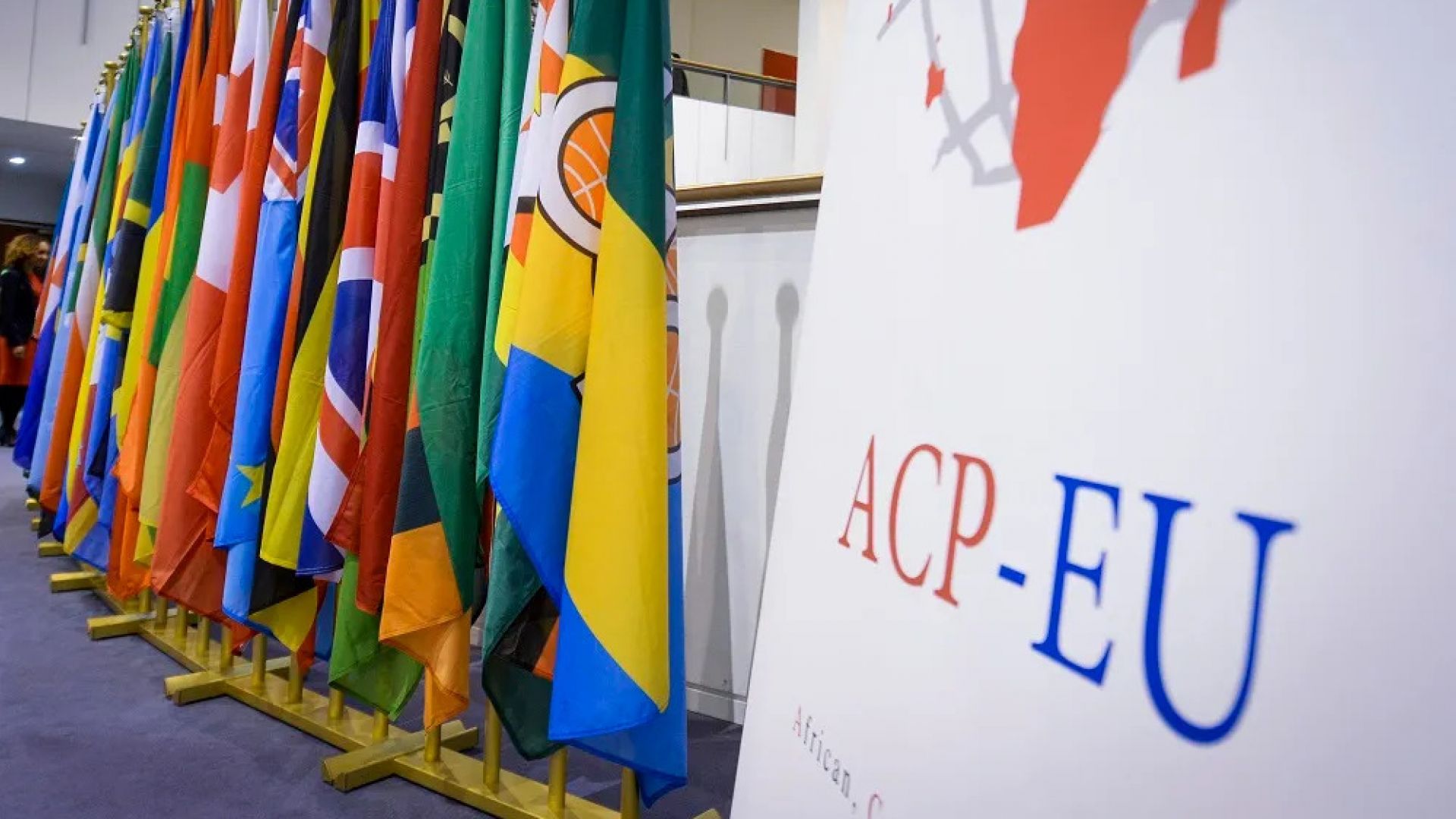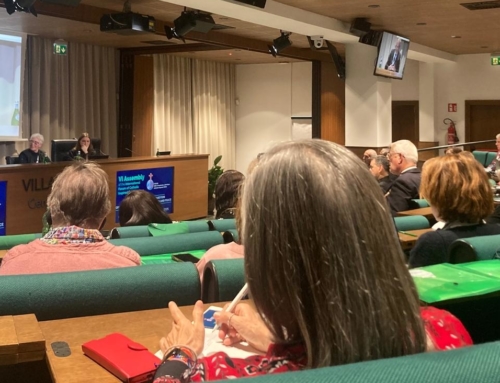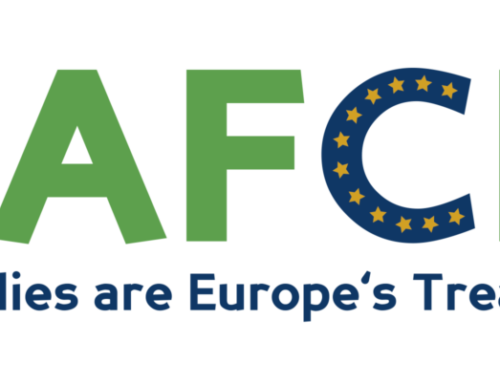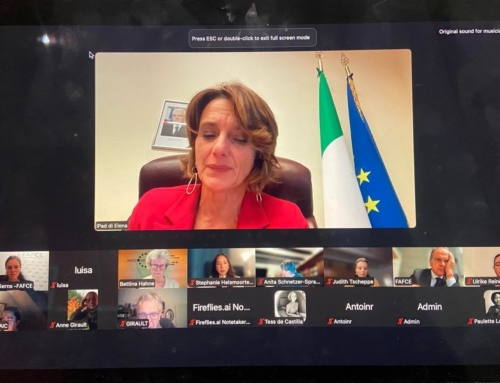Brussels, the 11th of december 2023
“We wish to work passionately alongside organisations in the Caribbean and in Africa. In fact, we are faced with the clearest example of that ideological colonisation so often denounced by Pope Francis: this modus operandi on the part of the European institutions has been repeated for decades now, moreover in a totally anti-democratic manner. The national elections and the European elections are revealing and will certainly reveal a great weariness of the citizens.” These are the words of Vincenzo Bassi, President of FAFCE.
The European Union and its Member States signed a new partnership agreement on 15 November at a ceremony in Apia (Samoa Islands) with the members of the African, Caribbean and Pacific States (ACP) that will serve as a general legal framework for their relations over the next 20 years. This agreement will succeed the Cotonou Agreement and will be known as the ‘Samoa Agreement’. This agreement follows on from previous ones, which, from the Lomé Agreement of 1975, followed by the Cotonou Agreement of 2000, had seen the development of a gradual new trading system based on the principle of reciprocity in order to eradicate poverty and contribute to the gradual integration of the ACP countries into the world economy. The so-called Samoa Agreement, which articulates the EU’s economic and trade relations with 79 countries (47 in Africa, 16 in the Caribbean and 15 in the Pacific, plus the Republic of Maldives), provides for six priority areas to address global challenges (democracy, gender equality and human rights, economic growth and sustainable development, climate change, human and social development, peace and security).
The agreement also includes a general understanding, which applies to all parties, to which are added three regional protocols for Africa, the Caribbean and the Pacific, focusing on the specific needs of each region. The 27 EU Member States and the 79 countries of Africa, the Caribbean and the Pacific together represent about 2 billion people and more than half of the seats in the United Nations. The provisional application of the Agreement will start on 1 January 2024, it will enter into force after approval by the European Parliament and ratification by the parties, i.e. all EU Member States and at least two thirds of the 79 OACP member states. The European Council endorsed it on 21 November and, in the press notes announcing the decision, the European representatives highlighted our commitment to work with our Latin American and Caribbean partners to implement, in particular, the 2030 Agenda and its Sustainable Development Goals (SDGs), which include reproductive and LGBT rights, as well as to reform global governance, including the international financial architecture, to make it more inclusive and effective.
In recent months, several meetings have taken place between the EU and ACP parliamentarians to convince them of the merits of the agreement, as well as meetings between representatives of African and Caribbean governments and European institutions to persuade them to sign a text that would include abortion rights and Lgbti privileges. However, parliamentarians and heads of state and government of African and Caribbean countries have largely resisted ratifying a text that would promote free abortion under the guise of gender equality and reproductive and health rights, as several countries have outspokenly claimed. The agreement has been formulated in such a way that, once ratified and entered into force, it automatically supersedes the respective national laws and imposes reproductive (abortion), non-discrimination and gender equality (LGBTI) rights as enforceable and to be enforced by laws in all countries. A Europe that wants to impose this kind of neo-colonialism on African and Caribbean countries is moving further and further away from its Christian and democratic roots.
The agreement has been formulated in such a way that, once ratified and entered into force, it automatically supersedes the respective national laws and imposes reproductive (abortion), non-discrimination and gender equality (LGBT) rights as enforceable rights to be enforced by laws in all countries. Nigeria, the most populous and certainly the most economically significant of the potential partners, was not present at the signing of the agreement and has no intention of signing it at the moment. Nigeria will soon be formally followed by the Kenya of the Catholic President William Ruto, which has already rejected the blackmail of Von der Leyen and Biden, who demanded that the new law on the protection of the natural family not be passed, denying LGBTI privileges. Catholic Archbishop Jason Gordon of Trinidad has in recent days lashed out against the arrangement, calling on the governments and peoples of the region to oppose it. His words have caused an outburst: the governments of Trinidad, Jamaica, Antigua, St. Lucia, St. Kitts, Bahamas, Grenada and Dominica have suspended all discussion and consideration of ratification.
European development aid is not free, but is only provided as part of the overall package together with the gender agenda and abortion in national legislation. In fact, the EU is blackmailing African and Caribbean countries with such conditions. FAFCE oppose such ideological colonisation.







